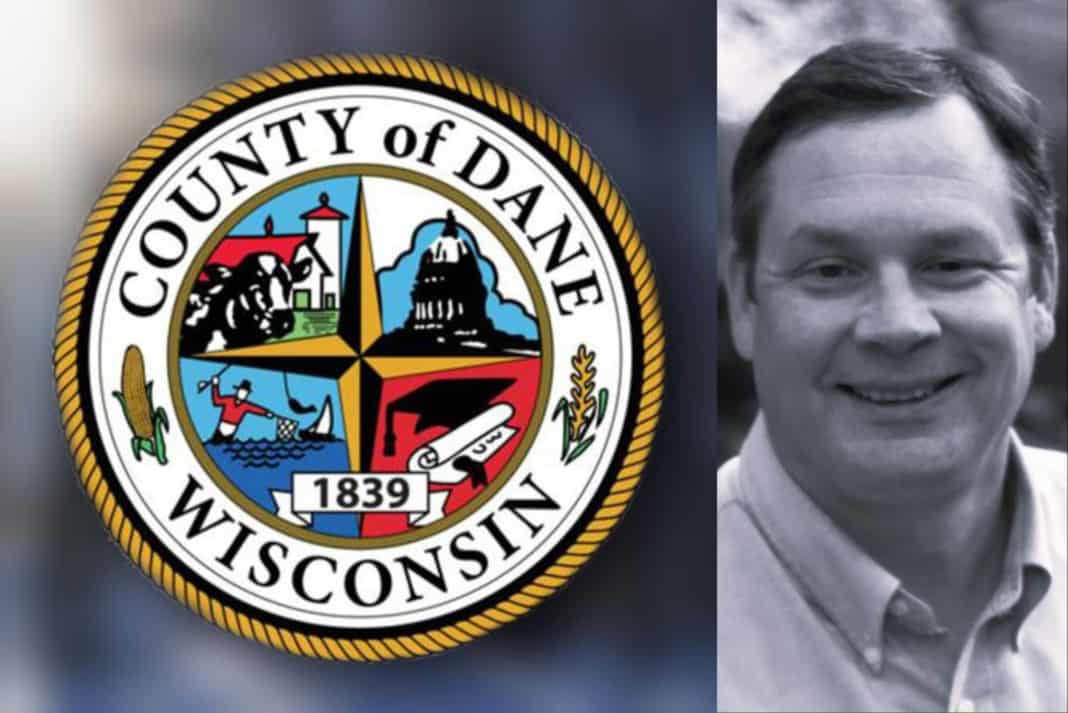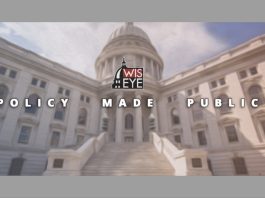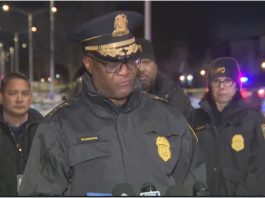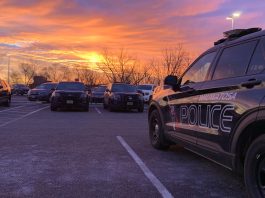You’d think an “address” would be simple, and not require intervention by a Dane County judge opening the door to more ways to chip around the edges of Wisconsin’s election laws.
In Wisconsin, absentee ballots require validation from both the voter and a witness. On Tuesday, Jan. 3, 2024, a Dane County Judge ruled absentee ballots can’t be tossed for “incomplete” witness address information.
Questions were raised regarding what constitutes an “address” in a recent lawsuit brought by liberal interests who contended municipalities had varying policies on how they interpreted a “complete” address. If the address does not need to be “complete,” what will constitute an acceptable address?
Wisconsin statute 6.87(2) addresses the requirements for how absentee ballots are witnessed by others. Read for yourself:
The witness shall execute the following:
I, the undersigned witness, subject to the penalties of s. 12.60 (1) (b), Wis. Stats., for false statements, certify that I am an adult U.S. citizen and that the above statements are true and the voting procedure was executed as there stated. I am not a candidate for any office on the enclosed ballot (except in the case of an incumbent municipal clerk). I did not solicit or advise the elector to vote for or against any candidate or measure.
….(Printed name) ….(Address) Signed ….
Pretty simple, right? Print your name as a witness, give your address, and sign it. If only.
To review these issues, we should revisit recounts occurring in Dane and Milwaukee Counties following the 2020 Presidential election. This very statute, regarding witness name and address information, was a major part of the discussion and cause for disputed ballots during the 2020 recount process. Additionally, there weren’t spots on the absentee ballots for witnesses to provide their printed names, as is required by statute. Without printed names, and sometimes scant witness information regarding addresses, there is no reasonable way to track witness information.
I spent about 30 hours in the lower level of Monona Terrace working the Dane County recount alongside hundreds of diligent volunteers. Thousands of absentee ballots were reviewed. None had witness-printed names. Most had solidly complete addresses and completed well within any reasonable guidelines.
Several ballots had cryptic information for the address, a few with the pretentious “City” instead of “Madison” as though it was an exclusive club. There was no real way to discern the validity or identity of witnesses. Lots of envelopes had “stamped” addresses representing library branches or other locations. Did a library clerk witness the signature? Did someone have access to a good ‘ol library address stamp? How were we to know which addresses, and more specifically, which witnesses, were valid?
Objections were raised to the Board of Canvassers. Dane County Clerk Scott McDonnell, the chair, would often haughtily inject “voter intent,” and deem the ballot acceptable. Notably, Clerk McDonnell was a candidate on those ballots. Unopposed, but on the ballot. Conflict of interest?
The rationale was that the voter intended to vote, and whether procedures were followed to the letter of the law was immaterial. A day-long hearing was held on Dec. 11, 2020, by the Joint Committee on Campaign and Elections regarding observations, and what transpired across our state in those recounts.
This isn’t intended to revisit the 2020 election. There were several anomalies and questions to which we may never know the answer, but the outward intent of those experiences was to ensure they never happen again.
We all understand human error. Incomplete address information? It happens. Doesn’t always mean ill intent. Maybe this Dane County judge should hear another case regarding addresses, unrelated to election issues.
The Department of Public Instruction (DPI) takes pinpoint accuracy in addresses seriously. Wisconsin Institute for Law and Liberty (WILL) is representing School Choice Wisconsin and others in a lawsuit over an “application perfection” rule where address info for choice applicants must match “perfectly.”
No using “N.” instead of “North” for your community name. With limited windows in entry to the program, a small human error can cost students and families dearly in their pursuit of better educational opportunities. The “perfection” idea is absurd, as would enforcing absolute perfection in every single witness address on every ballot.
I’m not a big fan of municipal clerks “curing” ballots. I agree with the position taken last year by a Waukesha County judge prohibiting clerks from adding missing information. The Dane County judge opened the door for the legislature to refine the terms used for address, saying they could “establish a simple, bright-line rule.” Chances are very good such legislation could pass the Republican-controlled legislature. Chances are slim and none that Governor Tony Evers would agree and sign such legislation.
Do we head into 2024 in the dark about what constitutes an acceptable address? It sounds rather small, but it still remains a key part of the verification process of voter and witness information. What’s going to be acceptable? “Citizen of the United States?” It’s up to us to make our voices heard and remain vigilant in our pursuit of election integrity. It’s not the end of this “address.”












